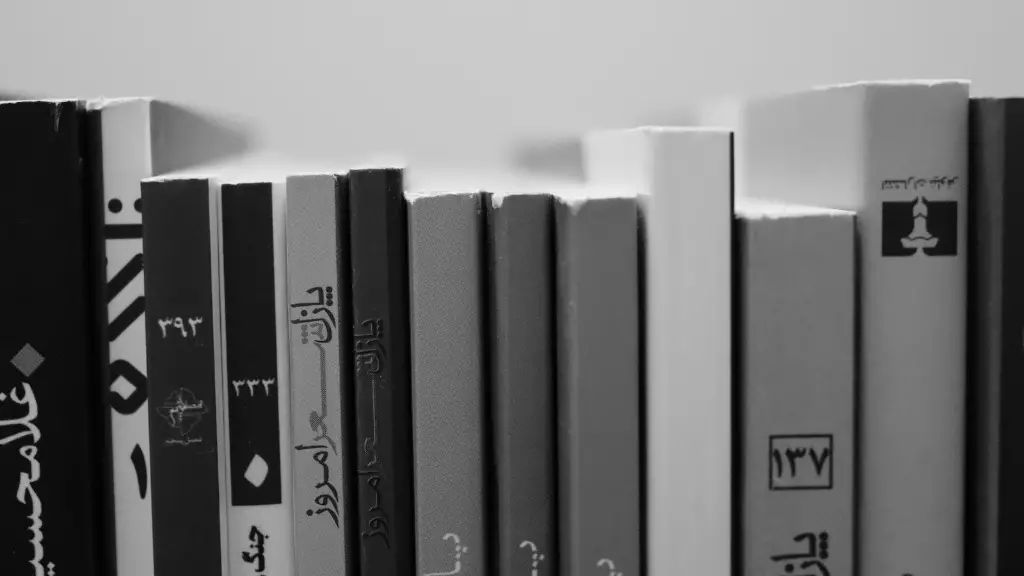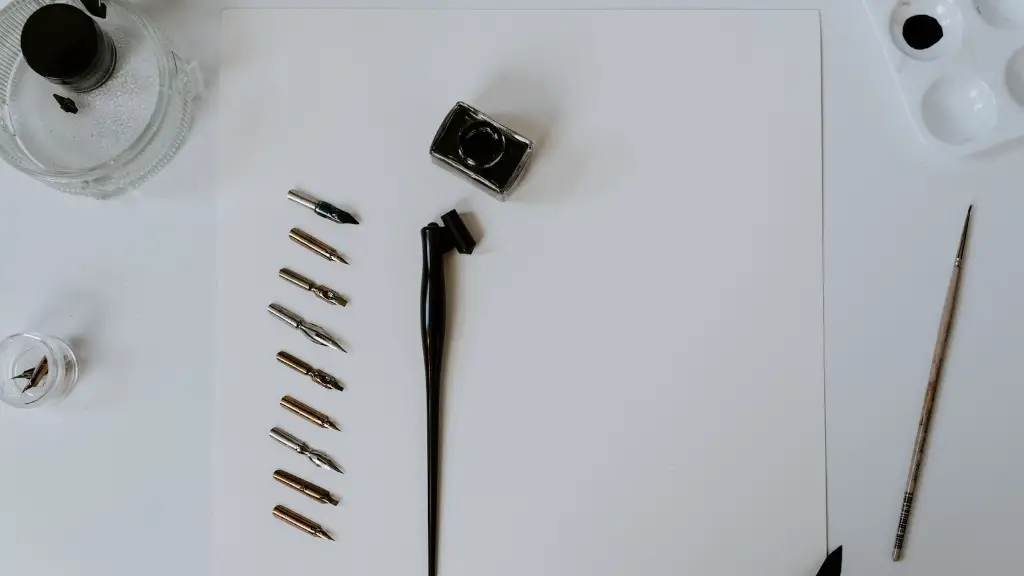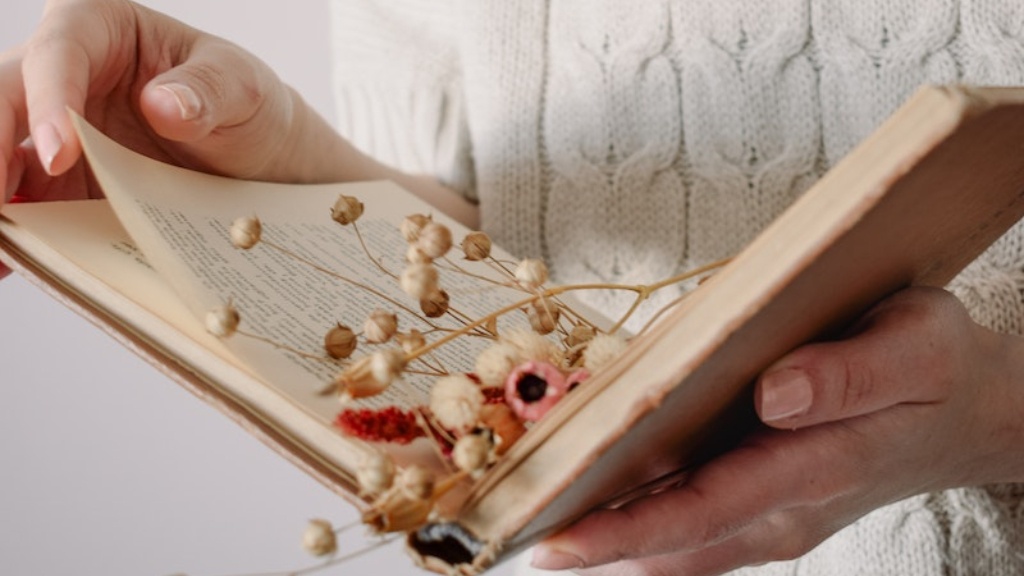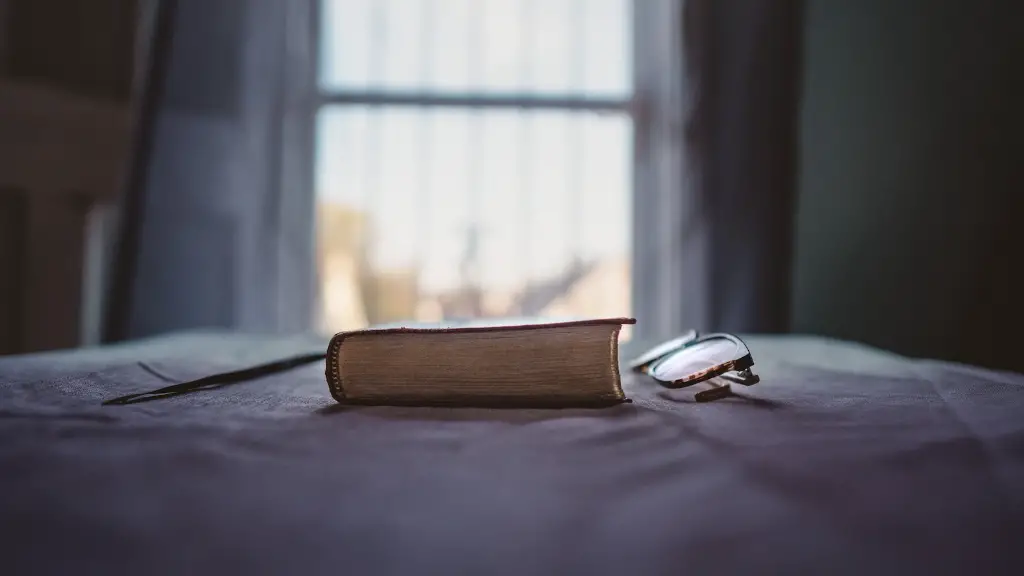The Divine Comedy, written by the Italian poet Dante Alighieri in the late 13th and early 14th centuries, is a three-sectioned narrative poem that has been praised for its imaginative power and engaging language. Throughout its pages, Dante uses the language of poetry to create a captivating exploration of faith, redemption, and hope. The use of this poetic form plays a critical role in Dante’s narrative and its impact on modern readers.
When approaching the Divine Comedy, it is important to understand that Dante wrote it as a narrative poem. This doesn’t mean that it is simply a poem set to music; rather, it is a poem that conveys a narrative. Dante uses the structure and language of poetry to create powerful moments of revelation, to raise difficult questions, and to explore the depths of human emotion. This use of poetic form is an integral part of the Divine Comedy and its impact on readers.
The language of poetry is a critical part of Dante’s narrative because it allows him to select words that most accurately convey his meaning. He chooses words that are specific and meaningful, words that have the power to evoke powerful emotions in the reader. By judiciously selecting words, Dante is able to create powerful moments of realization and insight that can be difficult to express in any other way.
The structure of poetry is also essential to Dante’s narrative. Through the use of metaphor, alliteration, and imagery, Dante is able to create scenes that are vivid and memorable. He uses these powerful poetic devices to express complex ideas and emotions, and he uses them to create moments of revelation and understanding for the reader.
The use of poetry in the Divine Comedy is an important part of its impact on modern readers. By using the powerful language of poetry, Dante is able to create a narrative that explores the depths of human emotion and expresses his own philosophical and spiritual beliefs. His use of poetic language allows him to connect with readers on a deeper level and convey ideas that can be difficult to express in any other way.
The use of poetry in the Divine Comedy is essential to understanding Dante’s narrative and its impact. By selecting intentionally chosen words and using powerful poetic devices, Dante is able to create moments of profound insight and understanding. The impact of this form on readers is clear, as it is an integral part of what makes the Divine Comedy one of the most enduring works of literature.
Why Does Dante Use Poetry?
The most obvious reason why Dante chooses to write the Divine Comedy in the form of a narrative poem is because it is the most effective way for him to convey his message and evoke emotion in the reader. The ability to choose individual words and create images with them is critical in this medium, as Dante must be able to convey complex ideas and evoke powerful emotions. It is this ability to use words as a medium of ART that makes poetry such a powerful tool for storytelling.
Another reason that Dante chooses to write the Divine Comedy as a narrative poem is because it allows him to create a powerful and cohesive narrative. By using the structure of a narrative poem, Dante is able to create scenes that are powerful and evocative. He can build a narrative arc that captures the reader’s attention and allows them to explore difficult questions and emotions on their own.
Finally, the use of poetry in the Divine Comedy also serves as a way to connect to readers in a deeper and more meaningful way. By carefully constructing his narrative in the form of a narrative poem, Dante is able to capture the attention of readers and create a powerful connection with them. The use of poetry in his narrative allows him to express complex ideas and emotions and engage readers in thoughtful discussions of faith and redemption.
What Are Some Examples of Poetry Used in The Divine Comedy?
Throughout the Divine Comedy, Dante employs a variety of poetic devices to convey complex ideas and evoke emotional responses from the reader. Some of the most common poetic devices used in this narrative are alliteration, metaphor, and imagery.
Alliteration refers to the repetition of a certain sound in either the initial letter or letters of a word or phrase. This poetic device allows Dante to emphasize certain words or phrases and create vivid images in the reader’s mind. For example, in Canto I of the Divine Comedy, Dante writes “pausing at each tier and spinning with suspense” to emphasize the tension of this moment in the narrative.
Metaphor is also a common poetic device used in the Divine Comedy. This device is used to compare one thing to another, creating a vivid image in the reader’s mind. For example, in Canto XXXIV of the Divine Comedy, Dante writes “My guide moved onward like a ship in sail” to emphasize the speed with which the characters are moving.
Lastly, Dante also employs imagery to create vivid scenes in the reader’s mind. This device is used to evoke a certain emotion or feeling in the reader and create a powerful image in their mind. For example, in Canto IV of the Divine Comedy, Dante writes “All of the besieged souls crying out like a flock of swallows” to create a sense of desperation and despair in the reader.
What Impact Does Poetry Have In The Divine Comedy?
The use of poetry in the Divine Comedy serves several important functions. First, it allows Dante to tell his narrative in a powerful and evocative way. By carefully constructing his language and using poetic devices, Dante is able to capture the attention of readers and convey difficult ideas and emotions.
Second, the use of poetry also serves as a way to engage the reader and encourage them to think more deeply about Dante’s message. By choosing carefully chosen words, Dante is able to encourage readers to explore difficult questions of faith and redemption and to come to their own conclusions.
Finally, the use of poetry in the Divine Comedy also serves as a way to connect with readers on a deeper level. By using the language of poetry to evoke powerful emotions, Dante is able to create a powerful connection with readers and encourage them to explore the depths of their own emotions.
Conclusion
The use of poetry in the Divine Comedy has an essential impact on Dante’s narrative and its impact on modern readers. By carefully crafting his narrative in the form of a narrative poem and selecting words that are powerful and meaningful, Dante is able to create moments of insight and revelation and encourage readers to explore difficult questions of faith and redemption. It is this ability to create powerful scenes and evoke powerful emotions that make poetry an essential part of Dante’s narrative and its impact on modern readers.




